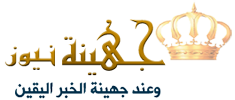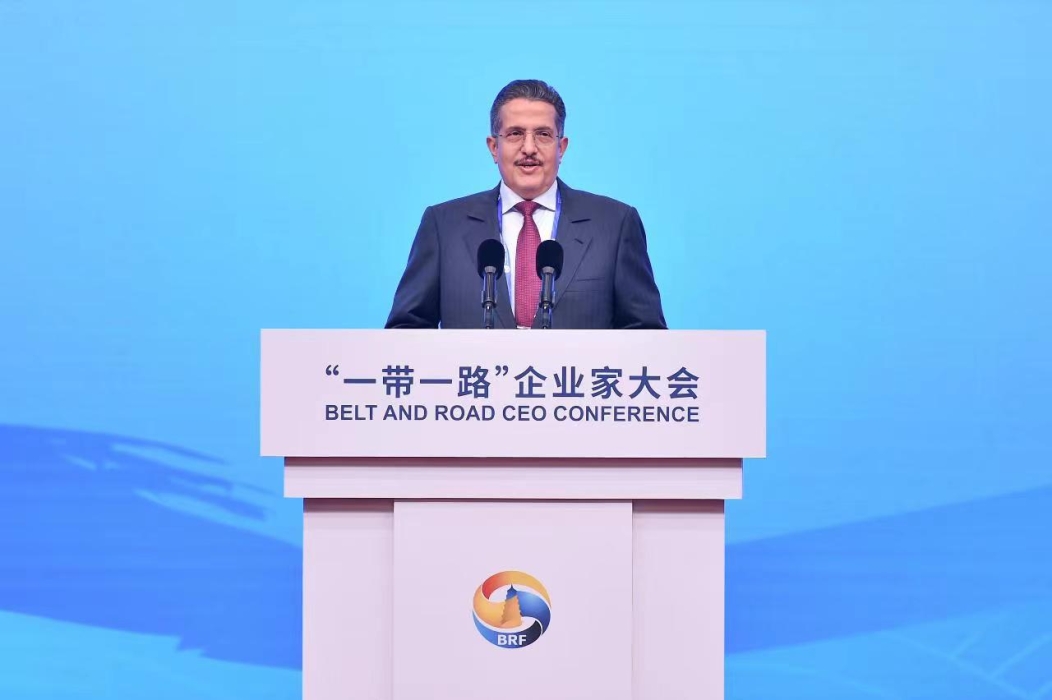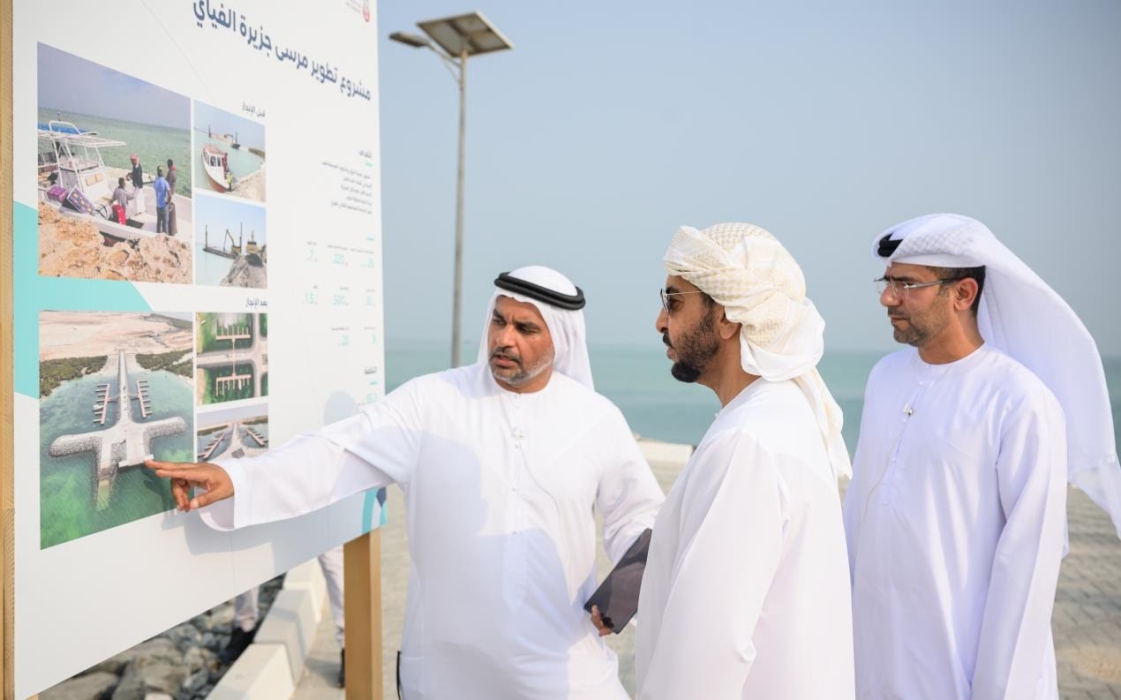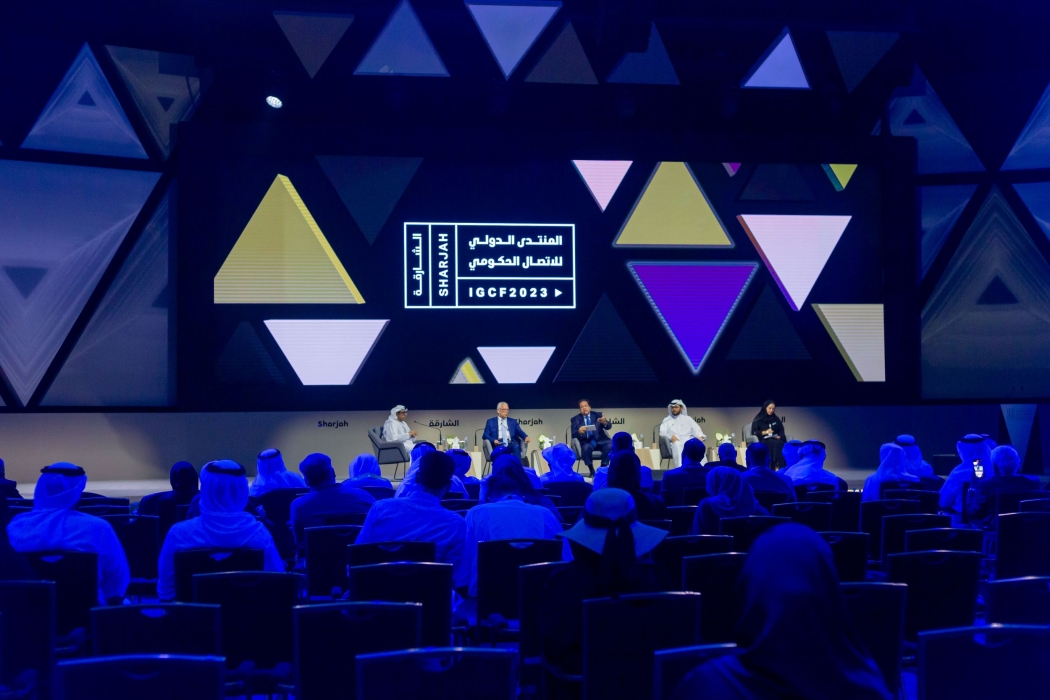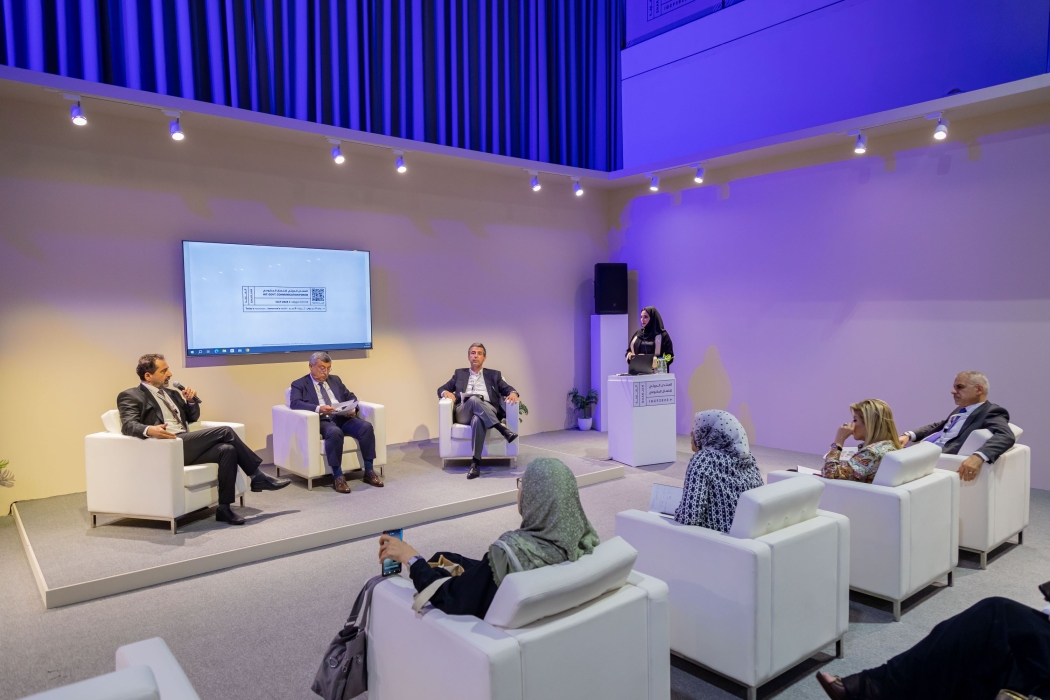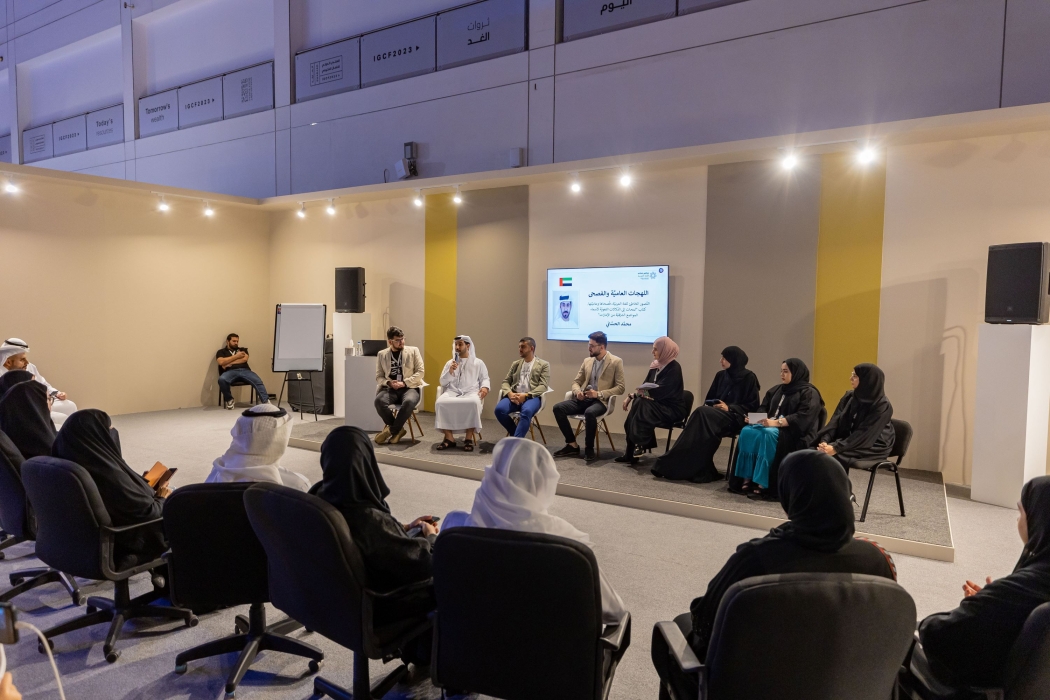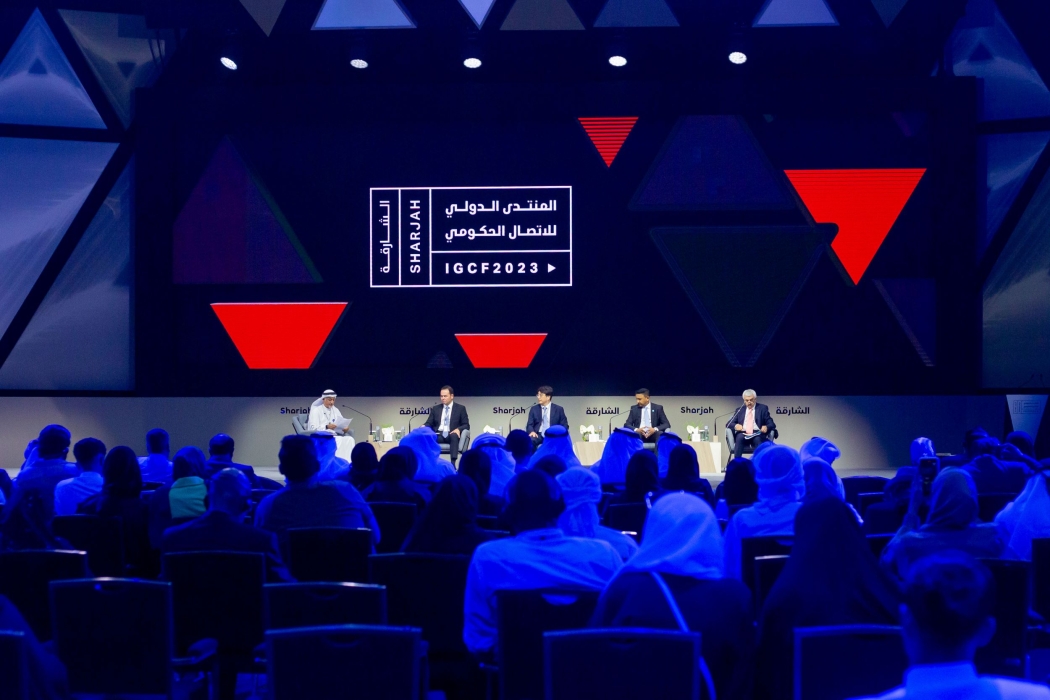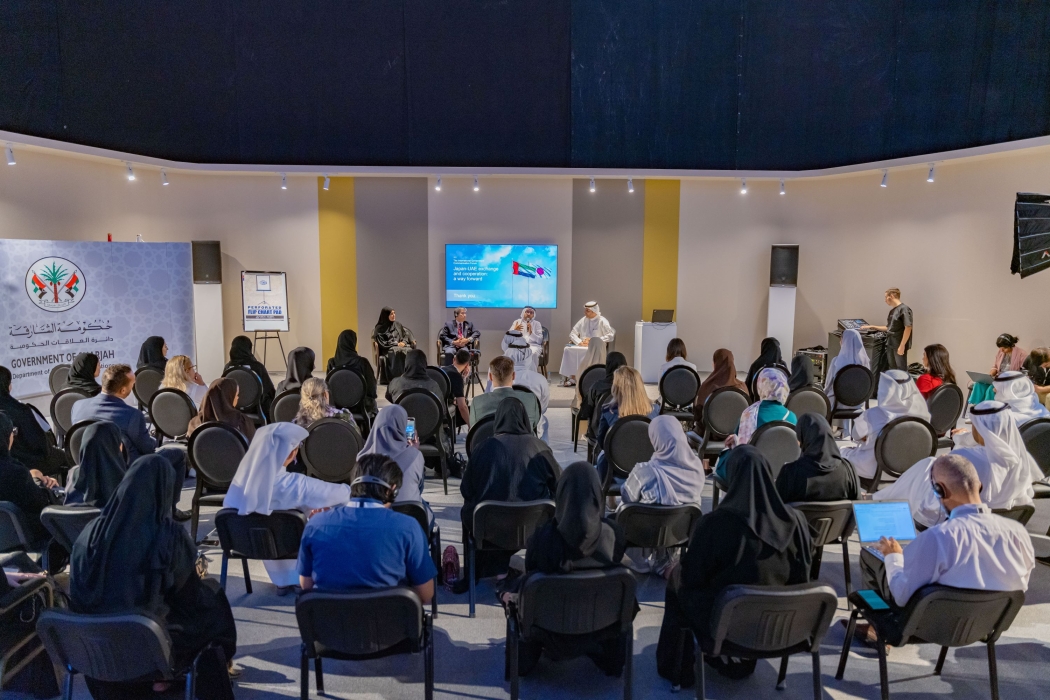Treasury Sanctions Syrian Regime and Lebanese Actors Involved in Illicit Drug Production and Trafficking
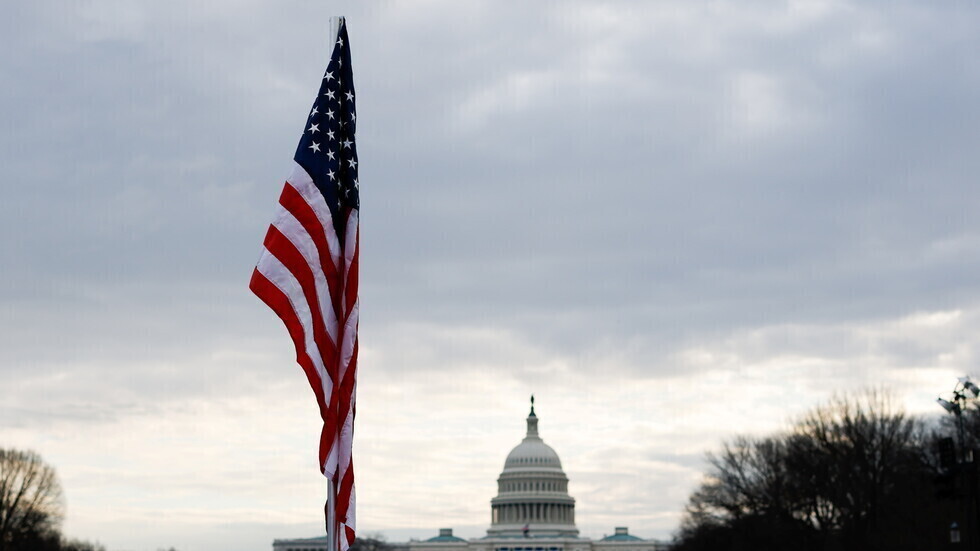
— Today, the U.S. Department of the Treasury’s Office of Foreign Assets Control (OFAC) took action in coordination with counterparts in the United Kingdom to designate key individuals supporting the regime of Syrian President Bashar al-Assad (al-Assad) and the production or export of Captagon, a dangerous amphetamine. The trade in Captagon is estimated to have become a billion-dollar illicit enterprise. These designations, some of which are being implemented pursuant to the Caesar Syrian Civilian Protection Act of 2019 ("Caesar Act”), also highlight the important role of Lebanese drug traffickers — some of whom maintain ties to Hizballah — in facilitating the export of Captagon. This action also underscores the al-Assad family dominance of illicit Captagon trafficking and its funding for the oppressive Syrian regime.
"Syria has become a global leader in the production of highly addictive Captagon, much of which is trafficked through Lebanon,” said OFAC Director Andrea M. Gacki. "With our allies, we will hold accountable those who support Bashar al-Assad’s regime with illicit drug revenue and other financial means that enable the regime’s continued repression of the Syrian people.”
Today’s designations are being taken pursuant to Executive Order (E.O.) 13572 of April 29, 2011, "Blocking Property of Certain Persons With Respect to Human Rights Abuses in Syria”; E.O. 13582 of August 17, 2011, "Blocking Property of the Government of Syria and Prohibiting Certain Transactions With Respect to Syria”; the Caesar Act; and E.O. 13224 of September 23, 2001, "Blocking Property and Prohibiting Transactions With Persons Who Commit, Threaten to Commit, or Support Terrorism,” as amended.
AL-ASSAD FAMILY ALLIES
Khalid Qaddour (Qaddour) is a Syrian businessman and close associate of Maher al-Assad, who was designated under E.O. 13572 in 2011 in connection with his role in the Government of Syria’s (GoS) ongoing human rights abuses against the Syrian people. Maher al-Assad is the head of the notorious U.S.-designated Fourth Division of the Syrian Arab Army (SAA). He is also the brother of Syrian President al-Assad, who was designated in 2011 pursuant to E.O. 13573 for his leading role in the escalation of violence by the GoS against its population. Maher al-Assad and the Fourth Division are known to run many illicit revenue-generation schemes, which range from smuggling cigarettes and mobile phones to facilitating the production and trafficking of Captagon. It is reportedly Qaddour who is responsible for managing revenues generated by these activities. The Syrian regime and its allies have increasingly embraced the production and trafficking of Captagon to generate hard currency, estimated by some to be in the billions of dollars.
Qaddour is being designated pursuant to E.O. 13572 for having materially assisted, sponsored, or provided financial, material, or technological support for, or goods or services to or in support of, Maher al-Assad. Qaddour is also being designated pursuant the Caesar Act for being a foreign person that knowingly provides significant financial, material, or technological support to, or knowingly engages in a significant transaction with, Maher al-Assad.
Samer Kamal al-Assad (Samer) is a cousin of President al-Assad and oversees key Captagon production facilities in regime-controlled Latakia, Syria, in coordination with the Fourth Division and certain associates of Hizballah. In 2020, 84 million Captagon pills produced at a factory owned by Samer in Lattakia, Syria, worth an estimated $1.2 billion were seized at the Italian port of Salerno. Samer reportedly also owns a factory producing Captagon in the Qalamoun region near the Syria-Lebanon border.
Samer is being designated pursuant to E.O. 13582 for having materially assisted, sponsored, or provided financial, material, or technological support for, or goods or services to or in support of, the GoS. Samer is also being designated pursuant the Caesar Act for being a foreign person that knowingly provides significant financial, material, or technological support to, or knowingly engages in a significant transaction with, the GoS.
Wassim Badi al-Assad (Wassim), another cousin of President al-Assad, has supported the SAA in various roles, to include leading the Ba’ath Brigades militia, a paramilitary unit under the Syrian Arab Army’s command. He has publicly called for the formation of sectarian militias to support the regime. Wassim has been a key figure in the regional drug trafficking network, partnering with high-level suppliers to smuggle contraband, Captagon, and other drugs throughout the region, with tacit support of the Syrian regime.
Wassim is being designated pursuant to E.O. 13582 for having acted or purported to act for or on behalf of, directly or indirectly, the Syrian Arab Army.
Imad Abu Zureik (Zureik), a former Free Syrian Army commander who now leads a Syrian Military Intelligence (SMI)-affiliated militia, has played an important role enabling drug production and smuggling in southern Syria. With the approval of the U.S.-designated SMI, Zureik leads a militia group controlling the crucial Nassib border crossing between Syria and Jordan. Zureik uses his power over the area to sell contraband, operate protection rackets, and smuggle drugs in Jordan, while also recruiting directly for the SMI.
Zureik is being designated pursuant to E.O. 13572 for having acted or purported to act for or on behalf of, directly or indirectly, the SMI.
LEBANESE AFFILIATES
Hassan Muhammad Daqqou (Daqqou) is a Lebanese-Syrian dual national dubbed by media as "The King of Captagon.” Daqqou has been linked to drug trafficking operations carried out by the SAA’s Fourth Division, directed by Maher al-Assad, and with cover reportedly provided by Hizballah. He was arrested in Lebanon in 2021 on drug trafficking charges associated with a massive shipment of Captagon interdicted in Malaysia on its way to Saudi Arabia, though Hizballah affiliates have reportedly facilitated Daqqou’s ability to continue to run his businesses while he was in prison. Daqqou developed a reputation as a source for Captagon and facilitator of smuggling across the Syria-Lebanon border under the protection of Hizballah associates.
Daqqou is being designated pursuant to E.O. 13224, as amended, for having materially assisted, sponsored, or provided financial, material, or technological support for, or goods or services to or in support of, Hizballah.
Hassan Daqqou Trading and Al-Israa Establishment for Import and Export are two companies specializing in general trade and import-export operations that are registered under Daqqou’s name in the Beka’a Valley region of Lebanon. Hassan Daqqou Trading and Al-Israa Establishment for Import and Export are being designated pursuant to E.O. 13224, as amended, for being owned, controlled, or directed by, directly or indirectly, Daqqou.
Noah Zaitar (Zaitar) is a Lebanese national with close ties to both the SAA’s Fourth Division and certain members of Hizballah. Zaitar is a known arms dealer and drug smuggler and is currently wanted by the Lebanese authorities for drug trafficking. Zaitar reportedly conducts his illicit activities under the protection of the Fourth Division.
Zaitar is being designated pursuant to E.O. 13224, as amended, for having materially assisted, sponsored, or provided financial, material, or technological support for, or goods or services to or in support of, Hizballah.
SANCTIONS IMPLICATIONS
As a result of today’s action, all property and interests in property of these persons that are in or come within the United States or in the possession or control of U.S. persons must be blocked and reported to OFAC. In addition, any entities that are owned, directly or indirectly, 50 percent or more by one or more blocked persons are also blocked. OFAC regulations generally prohibit all dealings by U.S. persons or within the United States (including transactions transiting the United States) that involve any property or interests in property of designated or otherwise blocked persons.
In addition, persons that engage in certain transactions with the persons designated today may themselves be exposed to sanctions or subject to an enforcement action. Furthermore, any foreign financial institution that knowingly facilitates a significant transaction or provides significant financial services for any of the targets designated today pursuant to E.O. 13224, as amended, could be subject to U.S. sanctions.
The power and integrity of OFAC sanctions derive not only from OFAC’s ability to designate and add persons to the Specially Designated Nationals and Blocked Persons List (SDN List), but also from its willingness to remove persons from the SDN List consistent with the law. The ultimate goal of sanctions is not to punish but rather to bring about a positive change in behavior. For information concerning the process for seeking removal from an OFAC list, including the SDN List, please refer to OFAC’s Frequently Asked Question 897. For detailed information on the process to submit a request for removal from an OFAC sanctions list, please refer to OFAC’s website.

